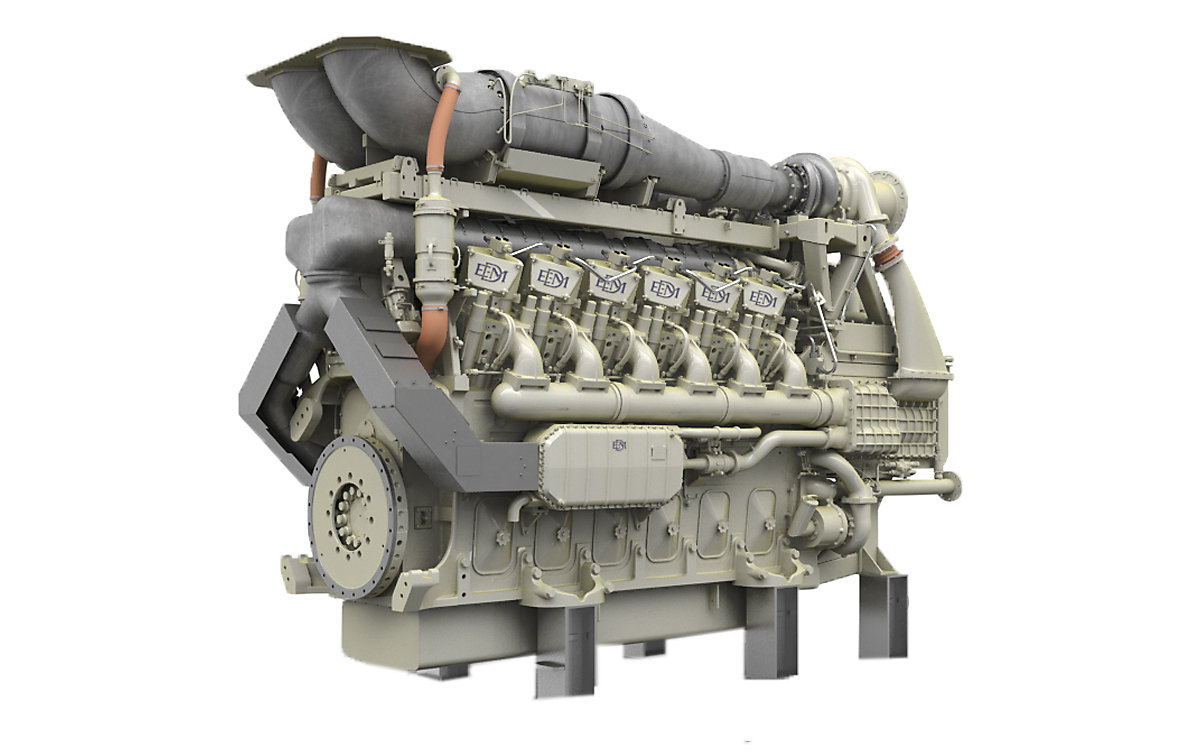A Complete Guide to Picking the Right Engine for Your Job
Picking the suitable engine for your task is an important decision that can substantially influence its overall success. It is essential to diligently define your project requires, examine efficiency needs, and take into consideration user-friendliness together with various other vital aspects. In addition, comprehending the area assistance available and scrutinizing cost ramifications can additionally improve your selection. Each of these components plays a pivotal role in making certain that your picked engine not just fulfills prompt purposes yet additionally straightens with lasting desires. As we discover these factors to consider, you might discover that the nuances of each aspect reveal greater than originally prepared for.
Specify Your Job Demands
Specifying your project requires is a crucial action in picking the suitable engine for effective implementation. An extensive understanding of your task's objectives will assist you in recognizing the features and abilities required from an engine. Begin by describing the extent of your task, consisting of the desired performance, target market, and the specific outcomes you aim to accomplish.
Following, think about the technological needs that straighten with your project goals. This includes evaluating the compatibility of the engine with existing systems, as well as the programming languages and frameworks that will be used. Furthermore, examine the level of scalability needed to fit future growth or modifications popular.
Budget plan restrictions likewise play a crucial function in defining your project requires. Develop a clear monetary framework to assist your decision-making procedure, making certain that the engine picked fits within your budget plan while supplying the needed performance.
Evaluate Performance Requirements

Next, take into consideration the scalability of the engine. Evaluate whether it can take care of enhanced work as your project expands. Engines that support horizontal scaling are frequently better for larger applications. Furthermore, review the engine's performance under different problems, such as peak use scenarios, to guarantee it fulfills your reliability requirements.
Think About Convenience of Use
While technological specifications are necessary, the convenience of usage of an engine can considerably affect the advancement process and general task success. An instinctive user interface, clear documentation, and streamlined workflows can dramatically minimize the understanding contour for programmers, allowing them to concentrate on imagination and analytical as look what i found opposed to coming to grips with complicated tools.
When assessing an engine's ease of use, take into consideration the onboarding experience. A well-structured intro, total with tutorials and sample projects, can facilitate a smoother change for brand-new individuals. Furthermore, the clearness and comprehensiveness of the engine's paperwork play a vital role; comprehensive overviews and API recommendations can equip developers to repair and carry out functions efficiently.
An engine that permits for easy adjustments can be a lot more straightforward, as designers can tailor it to fit their certain needs without substantial hassle. Eventually, look at this web-site picking an engine that prioritizes ease of use can lead to a much more delightful and productive advancement experience.
Assess Neighborhood and Support
The toughness of an engine's neighborhood and support network can greatly affect a programmer's experience and success. When examining an engine, think about the size and task level of its community.
Additionally, examine the availability of main support channels. Dependable documents, responsive consumer assistance, and routine updates are crucial for dealing with technological problems and maintaining your task on course. important site Engines For Africa. Energetic neighborhoods likewise promote partnership, supplying opportunities for networking and comments, which can be indispensable, particularly for independent designers or little groups
Furthermore, examine the existence of community-run occasions, such as hackathons or meetups. These celebrations can improve your understanding of the engine while linking you with skilled individuals and prospective partners. In summary, a durable area and support group not just improve development however additionally create a setting for learning and development, eventually boosting the chance of your project's success.
Compare Expense and Licensing Choices
Spending plan factors to consider play a vital function in picking the appropriate engine for your task, as the price and licensing alternatives can considerably impact both short-term costs and long-lasting practicality. Engines For Africa. Various engines provide varying rates frameworks, which can include one-time purchase charges, membership designs, or revenue-sharing contracts based on your project's incomes

Certifying options additionally vary considerably. Some engines are open-source, using versatility and community-driven assistance, while others may need proprietary licenses that restrict use and circulation. Recognizing the implications of each licensing version is important, as it impacts possession rights, future scalability, and possible legal responsibilities.
Verdict
Finally, choosing the appropriate engine for a project necessitates a detailed examination of defined project needs, performance needs, ease of use, community support, and price considerations. By methodically resolving these vital variables, decision-makers can ensure alignment with both existing and future task demands. A well-informed option inevitably improves the chance of task success, allowing effective resource allowance and maximizing possible end results within the defined financial constraints.
Picking the ideal engine for your job is an essential decision that can significantly influence its overall success.Defining your job requires is a crucial action in selecting the proper engine for effective application. A detailed understanding of your job's purposes will guide you in identifying the features and abilities called for from an engine.When you have a clear understanding of your project needs, the following step is to review the performance needs of the engine.In final thought, choosing the ideal engine for a project necessitates a comprehensive analysis of defined task requirements, performance needs, simplicity of usage, neighborhood assistance, and expense considerations.